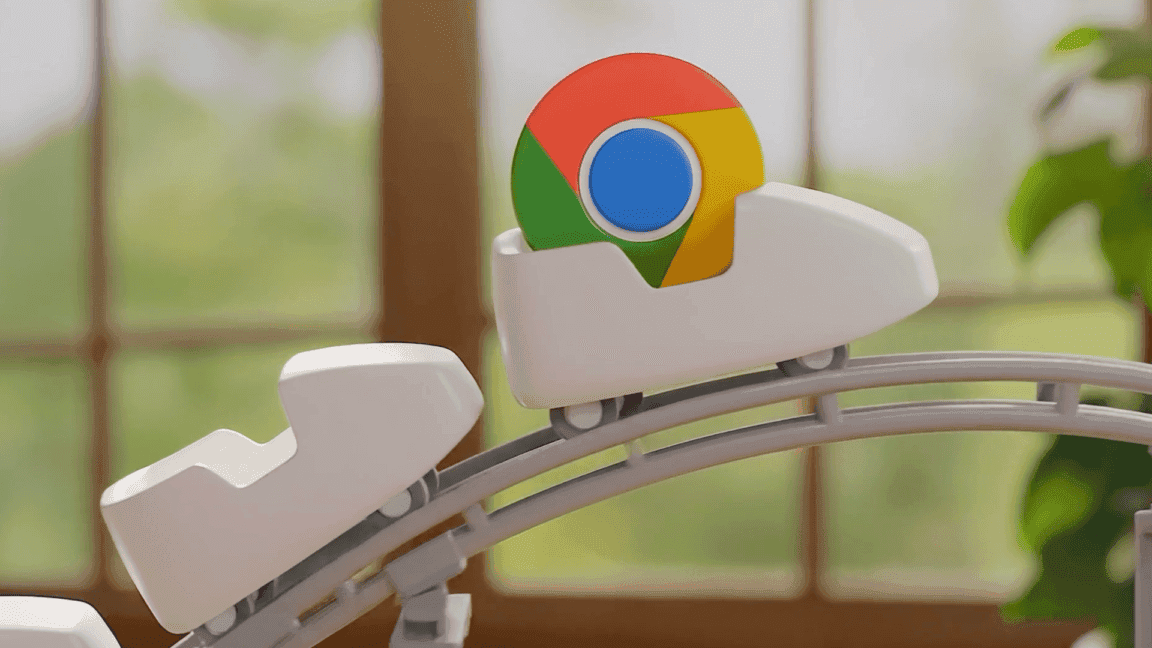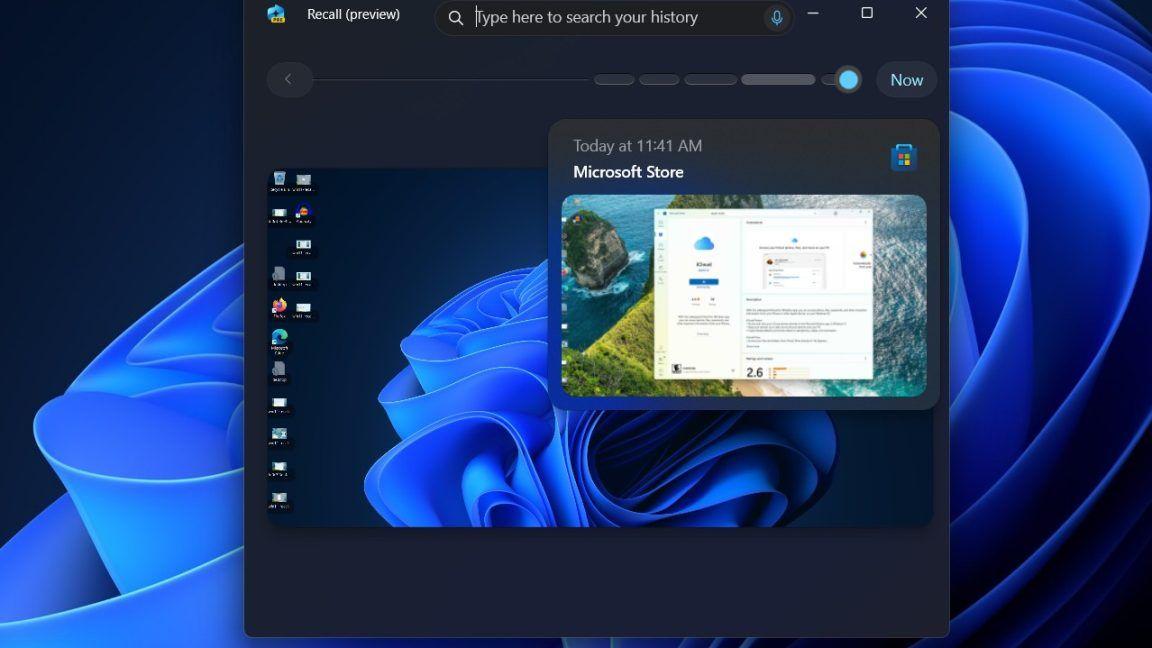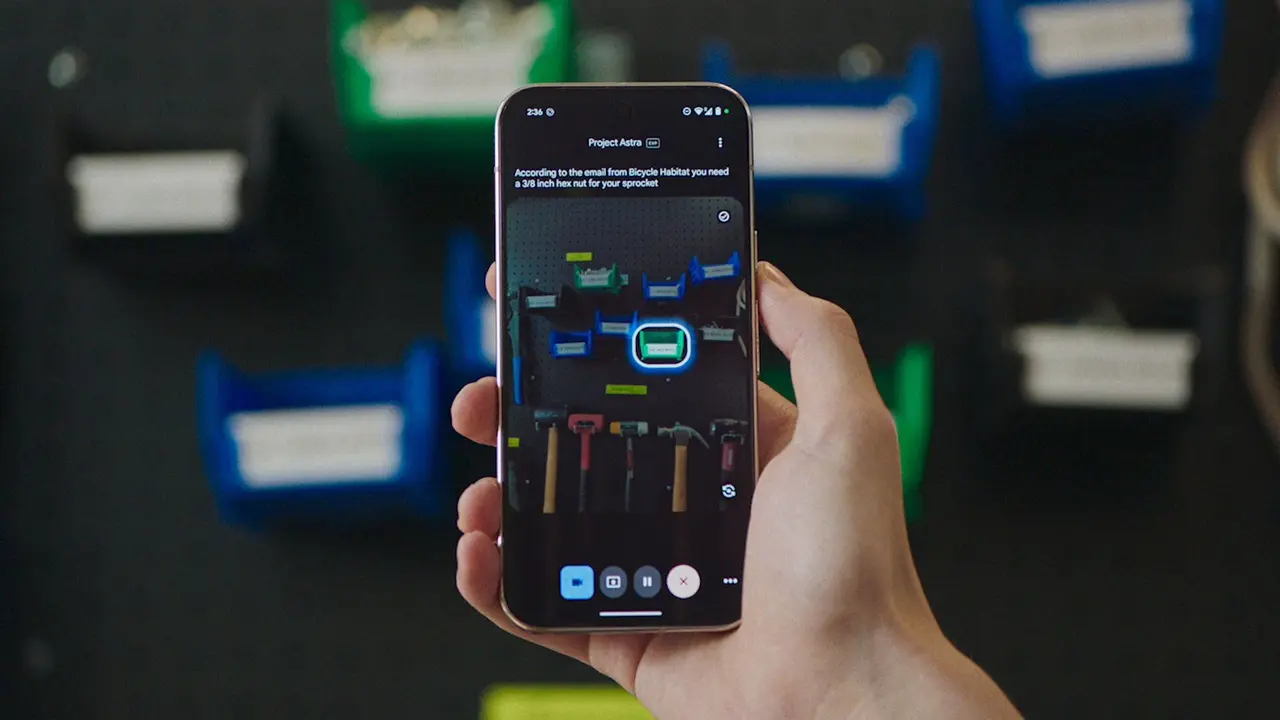Microsoft Considers Making Windows Copilot Uninstallable Amid User Feedback
3 Sources
3 Sources
[1]
Windows Recall's best feature? You can remove it from your Copilot+ PC entirely
Windows Recall was to be the headline feature for Microsoft's NPU-touting Copilot+ PCs -- until a series of controversies surrounding the tool's security arose, that is. The formerly on-by-default, AI-powered timeline tool that allows users to search through past computing actions has had about as rocky a start as you could imagine, raising major concerns about user privacy in the process. However, after recalling Recall from preview builds, Microsoft has made several amendments to its controversial tool in order to placate and assure those concerned about the feature's presence on Windows systems. Primarily, as discovered by the German site DeskModder, the option to disable and remove it entirely. Recall is a fresh, AI-backed feature for Windows 11 that takes snapshots of everything you do on your computer before using an AI to identify what's on screen and file it away for future reference. That record of activities then allows users to navigate through past events using natural language, e.g. "What was the podcast I listened to earlier," or "What was the name of the other person in that Teams meeting earlier?" Strangely, not many Windows users felt (or feel) comfortable about entire computing sessions being captured, tagged, and stored by an AI controlled by Microsoft -- a company with a less-than-stellar record of keeping user data secure -- especially after a former NSA hacker revealed to digital outlet Wired that thanks to Windows' new Recall feature "Anyone who penetrates your computer for even a second can get your whole history." Sparking further concerns, cybersecurity researcher Alexander Hagenah showcased a working tool that can extract all of the data saved by Recall thanks to its storage in an unencrypted SQLite database. As a result of the backlash, Microsoft indefinitely delayed the release of Recall while it sought to address these issues. However, the indefinite has now become definite, and Microsoft has officially announced plans to bring Recall to the Windows Insider Program in October with a wider release on Copilot+ PCs to be later announced. Understandably, many are still skeptical about Microsoft's controversial Windows Recall feature, clinging to initial impressions that saw it referred to by some as "Literal spyware." However, Microsoft insists that the reworked recall offers improved security, now requiring users to opt-in if they want to experience the feature and further requiring Windows Hello with its enhanced sign-in security (ESS) to be active to use the tool and decrypt snapshots and the search index database it maintains. On top of this, those still concerned about the presence of Windows Recall on their Copilot+ PCs can also remove the feature entirely. Doing so is as simple as opening up the Windows 11 Control Panel, where users can then navigate to Programs and Features and choose the Turn Windows Features on or off option to disable and completely remove the Recall component. The ability to not only disable Recall but actively remove it as an optional component of Windows will no doubt be welcomed by many who view the feature as a potential privacy and security liability. As this information was sourced from within the EU, it's unclear as to whether or not other regions will be guaranteed to have the same option -- similar to how the EU's Digital Markets Act (DMA) has forced Microsoft's hand into granting users the freedom to uninstall its Edge browser, Onedrive, and even Bing from Windows 11 devices. However, with the controversy surrounding Windows Recall having kicked up such a fuss, it'd be a clear misstep by the company to not allow North American and worldwide users the same option.
[2]
Are you a Recall hater? Windows 11's big AI feature may come with an option to uninstall it - but we wouldn't count on it
New Windows 11 update hints at an option to fully remove Recall from Copilot+ PCs Windows 11's Recall feature has had a short but distinctly tumultuous existence, and following recent news of the AI-powered supercharged search returning to Windows 11 (in testing), we're now hearing that Recall might come with the option to uninstall it - albeit with a weighty caveat. Deskmodder, a German tech site, discovered that the latest Windows 11 update (an optional one that comes with a huge boost for modern AMD Ryzen CPUs) includes a stealthily-introduced choice to uninstall Recall. This would be a big change of direction from Microsoft, as when first announced, the idea was Recall was fully built-in to Windows 11 (on Copilot+ PCs, as it requires a powerful NPU), but users could disable it if they didn't want AI poking around in their files and regularly taking screenshots of everything that happens on their PC (which is a crude way of putting how Recall works). To be able to strip it out entirely would surely be a boon for those more paranoid about these kind of AI features. Not having the code kicking about in your Windows 11 installation anywhere at all is clearly a step up from disabling Recall. However, there's a bit of extra spin on this one, as Windows Central, which noticed this development points out, the rules of Windows can be quite different in the EU to elsewhere. As Deskmodder is a German website, it could be the case that Windows 11 in EU countries will get this option to completely remove Recall, whereas other regions won't. After all, this is already the case for a number of Microsoft apps and services, including Edge and Bing to pick a couple of notable examples. Sadly, we feel that if this comes to anything - and it may not - this is likely to be part of Microsoft's measures to deal with tighter EU privacy and data regulations, than any move to actually give users more choice over what they should have present in their Windows 11 installation. The truth is Microsoft will want people to use Recall - and all its shiny new AI features - to make Copilot+ PCs look more innovative and useful, and therefore more likely to sell (which they are certainly predicted to do). If Recall is right there in the OS, this makes it more likely for folks to use it, quite simply. Microsoft won't want a situation where the feature can be completely ripped out, so if a user happens to be mulling using it down the line - and they took it out before - it feels like an extra hassle to reinstall Recall, maybe leading to them not bothering. We can't see it any other way but Microsoft wanting to have Recall in the background, with it disabled, rather than any other route. We may, of course, be wrong - and we hope so - because it wouldn't hurt for the particularly cautious to get a way of completely removing Recall. Microsoft will, however, be very careful about how it treads with the way Recall is implemented now it's heading back to testing. When Recall was first announced, there was a storm of controversy immediately, which only worsened as people fudged their Windows 11 installations to play with the feature early - opening cans of security and privacy-related worms left, right and center. It was supposed to be released in preview on Copilot+ PCs, but Recall was dropped from the launch of these AI laptops, and shuttled off to Windows 11 preview builds instead - except that soon after, Microsoft dropped the idea of testing Recall with Windows Insiders, even, essentially going back to the drawing board with the feature. In all honesty, we felt that was necessary - a thorough revamp for the feature, as Recall clearly hadn't been thought through well enough - but Microsoft then stayed silent on the functionality for a long time, leading some to speculate about whether it might even be dead in the water perhaps. That's not the case, of course, as Microsoft broke that lengthy silence just last week with the announcement that Recall is coming back to preview builds of Windows 11 in October. To say its return will be watched with great interest would be an understatement - but whatever Microsoft has done with Recall, it better be very clear to the user what the feature is doing when offering the choice to enable it. (Recall will be off by default, by the way - another change Microsoft was forced into making).
[3]
Microsoft is making the controversial Recall feature uninstallable...but there may be a catch
5 reasons Windows on ARM can't follow in Apple Silicon's footsteps After months of silence, Microsoft finally revealed that Copilot's most controversial feature, Recall, would be making a return starting in October . Not everyone was happy with its return, especially given how Microsoft needs to do a lot more to convince users to use Recall . Fortunately, it seems that the company has added the ability to uninstall Recall from Windows, but the feature may not roll out to everyone. Related Microsoft Copilot: What is it, and how does it work? Is Microsoft Copilot the best AI chatbot available right now? Microsoft's Recall feature is becoming uninstallable...hopefully As spotted by the German website Deskmodder, Microsoft has added the ability to uninstall Recall in an optional Windows 11 update. As it states (translated from German): Until now, you could only block the function or deactivate it in the settings. But with the optional update KB5041865, Recall can now also be uninstalled from the system. Recall has been added as a Windows feature. This was added in the old Control Panel -> Programs and Features -> Turn Windows features on or off. Interestingly, this entry is currently missing in Windows 11 Canary. That's all well and good - so where's the catch? Well, it's important to note that Deskmodder is getting its information from a German build of Windows 11. European versions of Windows work a little differently from the rest of the world, given how the EU's Digital Markets Act (DMA) demands that companies operating within the continent abide by specific laws. This includes allowing certain features to be uninstallable - like Recall, for instance. However, as we've learned the hard way, tech companies don't always feel obliged to roll out these DMA changes to the rest of the world. As such, there's a chance that uninstalling Recall may be an EU-exclusive feature. Fortunately, there are ways to enable EEA features on Windows 10 and 11 wherever you are, so hopefully someone finds a way to do the same for Recall.
Share
Share
Copy Link
Microsoft is reportedly considering allowing users to uninstall Windows Copilot, its AI-powered assistant, in response to user feedback. This potential move marks a significant shift in Microsoft's approach to AI integration in Windows 11.

Microsoft's Potential U-Turn on Windows Copilot
In a surprising development, Microsoft is reportedly considering making Windows Copilot, its AI-powered assistant for Windows 11, completely uninstallable. This potential move comes in response to user feedback and marks a significant shift in the tech giant's approach to AI integration in its operating system
1
.The Current State of Windows Copilot
Windows Copilot, introduced as a key feature in Windows 11, is designed to assist users with various tasks using artificial intelligence. Currently, while users can disable Copilot, they cannot completely remove it from their systems. The AI assistant is deeply integrated into the operating system, appearing as a sidebar that can be accessed with a click or keyboard shortcut
2
.User Feedback and Microsoft's Response
The consideration to make Copilot uninstallable stems from user feedback, particularly from those who prefer a more traditional Windows experience without AI integration. Microsoft's potential decision to allow complete removal of Copilot demonstrates the company's willingness to adapt to user preferences, even if it means stepping back from a feature they've heavily promoted
3
.Implications for Windows Users
If implemented, this change would give Windows 11 users more control over their operating system environment. Those who find Copilot useful could continue to use it, while others could remove it entirely, potentially freeing up system resources and simplifying their interface
1
.Related Stories
Microsoft's AI Strategy and Future Outlook
This potential move raises questions about Microsoft's long-term AI strategy for Windows. While the company has been pushing AI integration across its products, this consideration suggests a more flexible approach. It may indicate that Microsoft is balancing its AI ambitions with user preferences and the diverse needs of its large user base
2
.Awaiting Official Confirmation
As of now, Microsoft has not officially confirmed this change. The information comes from reports and insider sources, leaving room for speculation about the final implementation. Users and industry observers are keenly waiting for an official announcement from Microsoft regarding the future of Windows Copilot
3
.References
Summarized by
Navi
Related Stories
Microsoft's Controversial AI-Assisted 'Recall' Feature in Windows 11 Cannot Be Uninstalled
04 Sept 2024

Microsoft Revamps Controversial AI-Powered Recall Feature with Enhanced Security Measures
28 Sept 2024

Microsoft's Recall Feature: A Controversial AI Tool Revamped for Security and Privacy
30 Sept 2024

Recent Highlights
1
Elon Musk merges SpaceX with xAI, plans 1 million satellites to power orbital data centers
Business and Economy

2
SpaceX files to launch 1 million satellites as orbital data centers for AI computing power
Technology

3
Google Chrome AI launches Auto Browse agent to handle tedious web tasks autonomously
Technology





